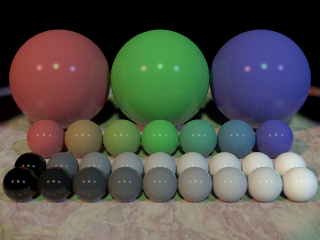So you treated physics like math and solved the equations. Your description of each step as an "externalised objective thing" is interesting. Can you elaborate on what you mean or imagined or felt? And did you see each step this way because of Te?
I was typed TE by an mbti/analyst because he told me I had trouble seeing the subjective side of things so the theme of the last five years of my life has been subjectivism and understanding my inner world.
But before that and up until around 25 I looked for evidence outside of myself and ignored whatever I felt.
I think this is why I chose to do something when I was young based on external factors like job security and efficiency.
That being said, I believe TE solves problems by memorizing the steps to solve the problems and then using NI to sift through or rearrange the equations.
What I mean by saying that I externalized the equations is that my inner subjective world was never used in physics. I always thought of my imagination as an obstacle and only useful for art.
That being said It's possible that my dominant function is not TE but that my dominant function was supressed and I had to learn TE in order to adapt. I don't know how true that is however.
Later...I came to see how art and math overlap and diverge and I came to make connections between different systems of thought. Some see this as NE but I see it more as NI because my connections are based on principles and abstractions like the ideas of archetypes passing through reality as beams which support by way of order and symbolism. NE is more about making connections between times and sequences and alternative possibilities. The connections I see are more about ideas or things "behind the veil."
But I'm not the pro...just what I think about it.
Radically different to the way I used to think actually...it feels as if I have two ways of thinking now instead of one if that makes sense, and now it feels like there is a third and fourth way of thinking...which might be SE and FI..
I say might because again i've read that someone's mbti or rather typology may have to adapt to his or her environment and I've spoken to jungians who attest that some people have more than 4 functions above the veil, so to speak...some people, based on a Jungian's perspective, may even be proficient in all 8.



 That's not what Feeling is in the Jungian sense either...that approach sounds like it could be Se, actually.
That's not what Feeling is in the Jungian sense either...that approach sounds like it could be Se, actually.